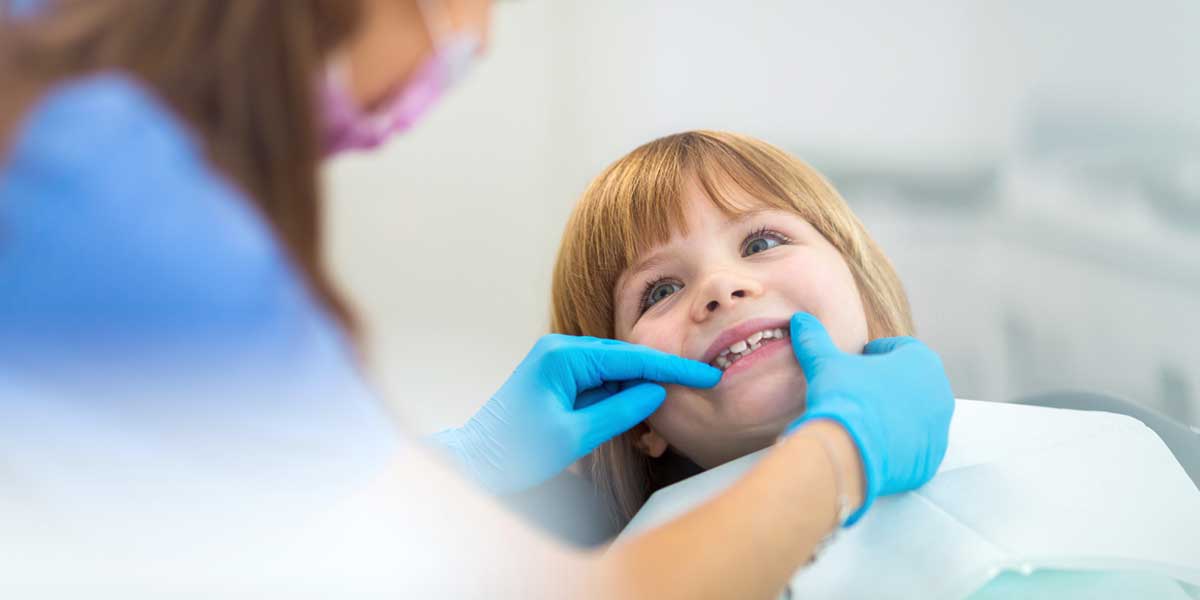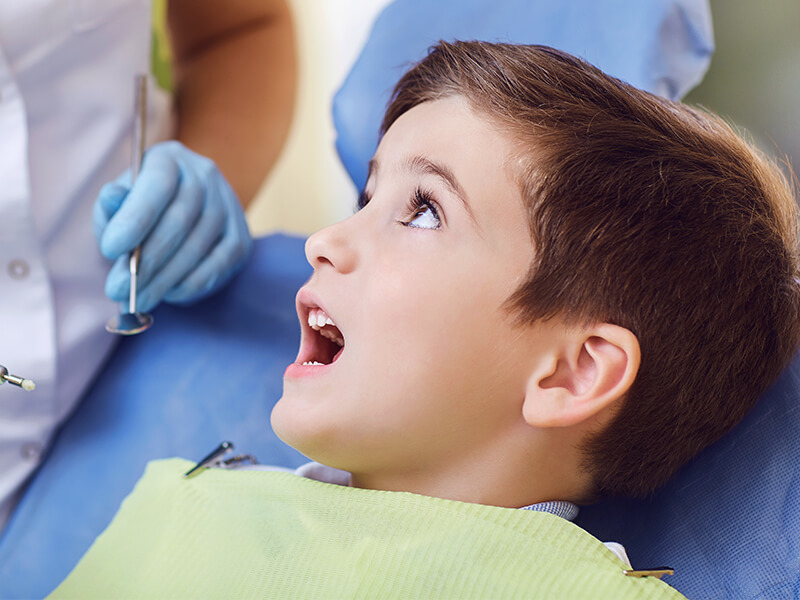Understanding Craniofacial Development in Children

It is our absolute passion to help kids sleep, breathe, and thrive. We believe in early intervention and follow the latest research to support craniofacial development in children. Because we’ve been treating adults and seeing the negative impact on their oral health due to an underdeveloped craniofacial structure, it has become our mission to assist the younger generation in preventing such issues. Our doctors are so passionate about this subject as they also have children.
There are several symptoms that are highly correlated with the underdevelopment of the jaw structure, including snoring, grinding, bedwetting, night terrors, ADHD, anxiety, TMJ issues, headaches, and speech problems. We used to see these symptoms mainly in adults, but now we see them in kids, too.
The problem may originate from soft tissues, such as enlarged adenoids/tonsils, tongue ties, or improper oral muscle function. If left unaddressed, symptoms may worsen.

Think of the tongue as a motor that drives the forward and sideways growth of the maxilla. There is often a direct correlation between compromised oral function and crowded teeth. Developing the upper jaw to be more forward and broader can create more space for the soft tissues to function. This can result in improved breathing and better sleep, two of the most important factors for a healthy human.
By utilizing modern orthodontic tools like removable and fixed expanders, elastics, reverse pull face masks, clear aligners, braces, and CO2 lasers; we can help our children function and develop optimally. We will also work with an ENT doctor, myofunctional therapist, and speech-language pathologist to determine the best solution for your child.
Dental Crowding Is a Sign of Underdevelopment
Dental crowding or two rows of teeth, commonly referred to as “shark teeth,” are just an indication that the jaw structure is too small. Many people assume that dental crowding is caused by having too many teeth or teeth that are too big. However, this is not the case. In fact, dental crowding is typically a sign of an underdeveloped jawbone. This is a common issue, particularly among children.

Waiting is not always the best option
Dysfunction left untreated worsens symptoms. Arch development and crowding worsened in this patient, who waited four years to seek treatment.

Noticed how the palate got narrower without treatment due to
tongue tie and reverse swallowing patterns
Below: 2023, 6 months post expansion. There is actually room for adult teeth. Bite is still deep but showing signs of improvement.

Right: Prior to expansion. Notice 100% overbite where you cannot see
lower teeth when fully closed.
If your child is experiencing snoring, bedwetting, night terrors, disturbed sleep, teeth grinding, or attention issues, these could be signs of sleep disturbances related to an underdeveloped jaw structure. By creating more space for the teeth, the foundation can be developed, and many of these signs will naturally correct themselves.

Right: Healthy and beautiful smile, post expansion, CO2 lingual frenectomy, orthodontics.

Prior to treatment at 10 years old. Deep bite, tongue tied, lack of space for tongue. Patient was a mouth breather, woke up at night, and was on ADHD medications.

Post expansion, CO2 tongue tie release, myofunctional therapy. NO orthodontics. The patient achieved perfectly straight aligned teeth, improved overall health, and academic success without medication. Notice the changes in the shape of the palate.
Please call our office if you suspect your child could be suffering from tongue tie or underdevelopment of the jaw. We are passionate about guiding you towards a healthier tomorrow.
We collaborate with orthodontists, oral myofunctional therapists, physical therapists, and ENT specialists to correct various issues. If you have any questions about symptoms or potential treatments, please call our office, Advanced Cosmetic & Prosthetic Dentistry at Milford, MA, at (508) 850-0686 to schedule your consultation with our doctors.


